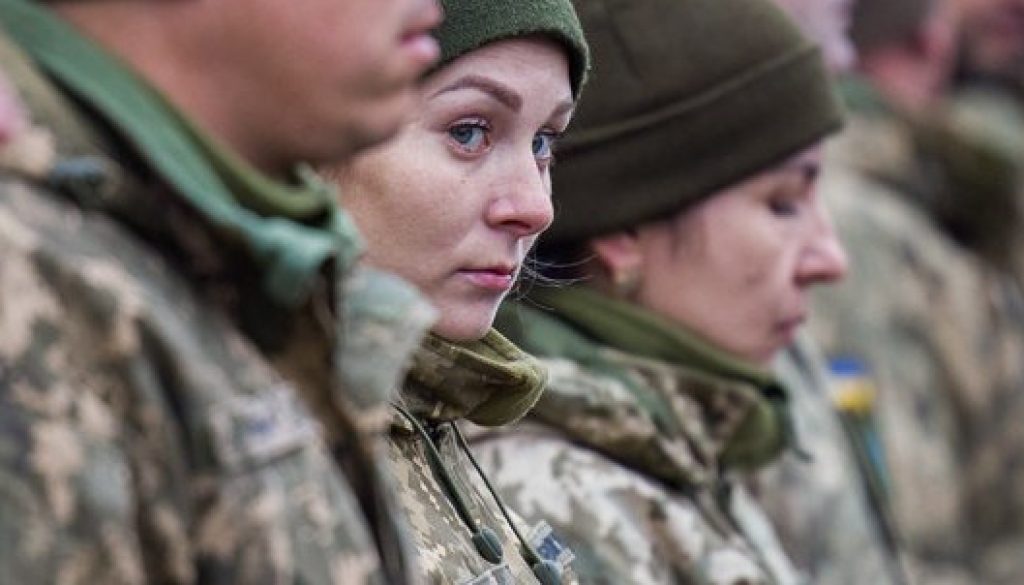Europe — Impact of the Ukraine–Russia War on EU Economies and Refugees
Facts & Timeline
-
War outbreak: Russia invaded Ukraine on February 24, 2022.
-
Refugees: By 2025, over 6.4 million Ukrainians remain displaced across Europe, the largest refugee crisis since WWII. (UNHCR)
-
Economic shock: The EU faced surges in energy prices, inflation, and disrupted supply chains (grain, fertilizer, metals).
-
Military & aid commitments: The EU pledged €143 billion in aid to Ukraine by mid-2025, including humanitarian, financial, and military support. (Europarl)
Current Situation
Energy diversification: The EU reduced reliance on Russian gas from ~40% in 2021 to less than 15% in 2024, turning to LNG imports and renewables.
Inflation easing: Inflation peaked above 10% in 2022 but returned to ~2.6% by mid-2025 as supply chains adjusted.
Refugee integration: Millions have settled across Poland, Germany, Czechia, and beyond. EU states provide temporary protection, but housing shortages and labor market integration remain challenges.
Reconstruction: The EU is preparing large-scale support for Ukraine’s eventual rebuilding, with debates over who will fund it.
Motivations & Analysis
The EU’s response reflects both solidarity with Ukraine and self-preservation.
Allowing Russia unchecked aggression would undermine European security.
Economic sacrifices (high energy costs, inflation) are seen as the price of protecting the EU order.
Yet divisions exist: some member states push for peace talks to ease pressures, while others demand firm support until Ukraine regains sovereignty.
This balance has tested the EU’s unity but also accelerated transitions: green energy, digitalization, and military cooperation are advancing faster than before the war.
Scriptural Perspective & Hope
War brings not only death but cascading crises — hunger, displacement, and economic strain. As the Bible says: “Nation will rise against nation and kingdom against kingdom; and there will be food shortages.” (Matthew 24:7) The war in Ukraine and its ripple effects across Europe are a vivid example.
But the Bible also assures us that these troubles are temporary. God promises: “He makes wars cease to the ends of the earth.” (Psalm 46:9) Under His Kingdom, not only will conflicts end, but the refugees of today will find permanent security. Instead of inflation and shortages, Isaiah foresaw: “They will build houses and live in them; they will plant vineyards and eat their fruit.” (Isaiah 65:21)
Europe’s struggles highlight how fragile human systems are — but also how near God’s promise of true peace and stability must be.




